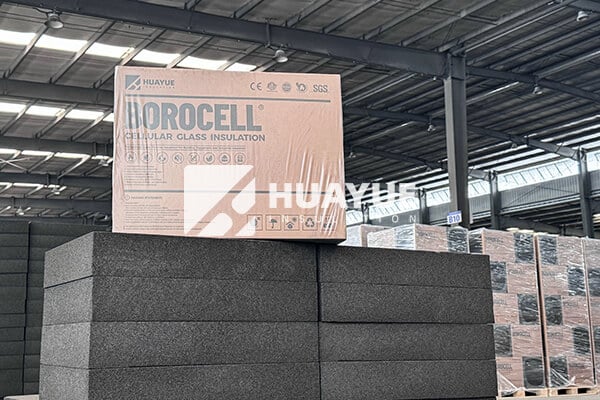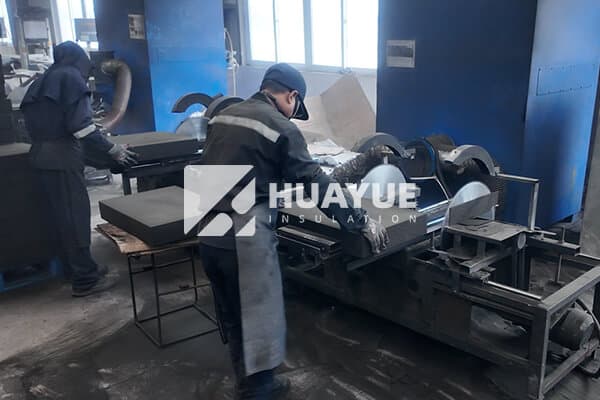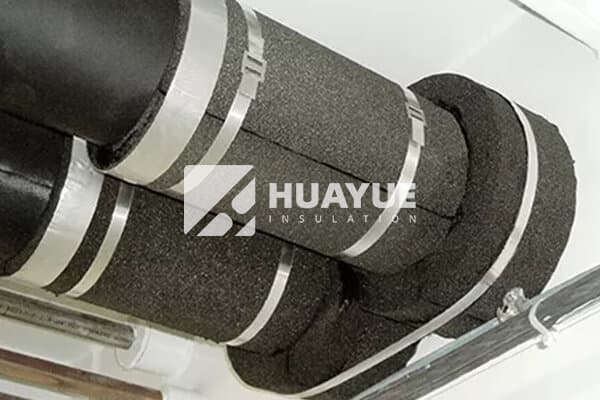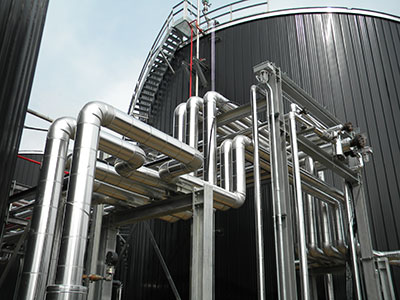Foamed glass bricks can solve many insulation headaches for plant engineers seeking safe, long-lasting solutions.
Foamed glass bricks offer exceptional thermal insulation, are non-absorbent, and resist fire—even in harsh industrial settings. They control heat loss, cut maintenance and improve operational safety.

When I started exploring reliable insulation solutions that could handle both the demands of chemical tanks and cryogenic tanks, foamed glass bricks stood out. Let me take you through the points that convinced me this material is the best fit for tough jobs.
Why are foamed glass bricks better than traditional insulation materials?
Foamed glass bricks are packed with benefits that tackle pain points traditional insulation can’t avoid. If corrosion, moisture absorption, or fire risk has ever derailed your plans, you’re not alone.
Foamed glass bricks are inorganic and non-porous, so they do not absorb water, do not degrade, and do not support corrosion under insulation (CUI). This makes them ideal in aggressive environments where steel tanks and pipes demand extra protection. They consistently perform over decades, reducing maintenance cycles and keeping systems reliable. The fire-resistant property means safety regulations are easier to meet, especially when new codes get stricter. I also find installation straightforward—no worries about glass wool sagging or rock wool breaking down with age.
How is foamed glass brick manufactured for durability and performance?
Manufacturers transform recycled glass into high-performance insulation by integrating cutting-edge production techniques. The process creates a closed-cell structure inside each brick.
Foamed glass bricks start as ground recycled glass. Technicians add foaming agents and heat this mixture to high temperatures. The result is a brick with millions of microscopic sealed air pockets. This structure stops air and moisture from passing through, making each brick impermeable to liquids and gases. I have visited several plants and watched how strict quality control ensures every batch matches thermal and structural standards. Advanced machinery checks density, strength, and uniformity, so each brick can withstand industrial loads and physical impact. When suppliers operate in modern facilities—like those at HUAYUE Group—the results are consistent and internationally certified to ISO and CE standards.

How do foamed glass bricks perform in high-risk applications like cryogenic tanks?
Cryogenic tanks face extreme cold, moisture, and strict safety oversight. Foamed glass bricks excel where ordinary insulation fails.
My experience managing large tank systems taught me that insulation materials must withstand freezing temperatures, resist water ingress, and tolerate structural loads. Foamed glass bricks maintain their insulating value in temperatures as low as -200°C, so there’s no condensation or frost damage. The bricks don’t shrink, swell, or crack, giving them excellent dimensional stability over the years. Their load-bearing capacity prevents collapse, even under heavy external mechanical stress. When engineered with precision, as HUAYUE Group does, these bricks ensure storage tanks work efficiently, and costly downtime is avoided. The fire-resistant properties cut risk during emergencies, helping us meet safety codes without compromise.
What about installation and long-term maintenance costs?
Cost overruns and excessive maintenance are the enemy of every industrial project. Foamed glass bricks are easy and predictable to install, with lower lifecycle costs.
Foamed glass bricks are shaped for simple assembly—no special handling needed beyond standard practice. Installers fit bricks quickly, reducing downtime or delays in plant upgrades. Because the product is non-absorbent and corrosion-proof, it keeps its insulating value for decades without repair. I have seen less frequent maintenance visits in plants using foamed glass bricks compared to those with fibrous insulation or foams that degrade or absorb water. This cuts operating expenses and improves uptime. When sourcing through a trusted supplier with global logistics—like HUAYUE Group—I can guarantee consistent quality and timely delivery for large projects. The long-term savings on labor, material replacement and compliance make foamed glass bricks stand out as an investment in reliability.

Conclusion
Foamed glass bricks solve water absorption, corrosion and durability problems. They provide long-lasting thermal insulation and protect tanks for decades with minimal maintenance.

